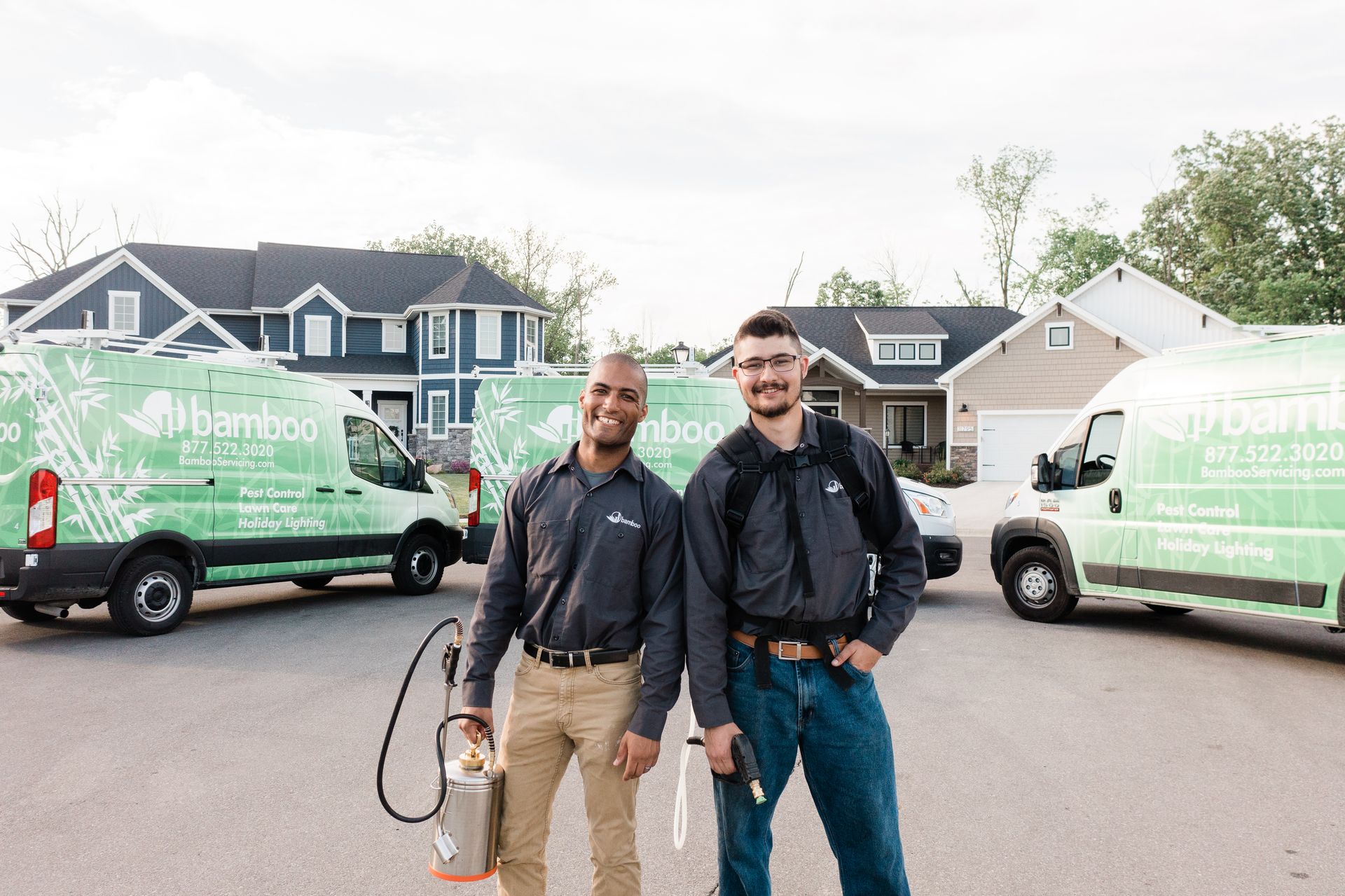Is pest control toxic to dogs?
Can pest control treatments be harmful to dogs?
Pest control is an essential aspect of maintaining a safe and comfortable home, but if you have pets, particularly dogs, it's crucial to understand the potential risks associated with various pest control methods. Dogs are curious by nature and may inadvertently expose themselves to toxins if not properly managed during and after pest control treatments. This guide delves into whether pest control is toxic to dogs and how to safeguard your furry friends from potential harm.
Understanding Pest Control Chemicals
The toxicity of pest control treatments to dogs depends significantly on the type of chemicals used, the method of application, and the subsequent safety measures taken. Most conventional pest control chemicals can be toxic to dogs if ingested, inhaled, or contacted directly before they have dried. These chemicals include organophosphates, carbamates, and pyrethroids, which are effective against pests but can also pose risks to animal health if not used correctly.
Common Risks to Dogs from Pest Control Treatments
- Ingestion: Dogs may lick surfaces treated with pesticide or ingest remnants of the chemicals from their paws or fur, leading to potential poisoning.
- Inhalation: Aerosolized chemicals can be inhaled by pets, which may lead to respiratory issues or systemic toxicity.
- Dermal exposure: Contact with treated areas before chemicals have dried can result in dermal absorption, which in some cases might lead to skin irritations or more severe health issues.

How to Protect Your Dogs During Pest Control
1. Choose Pet-Friendly Pest Control Options: Whenever possible, opt for pest control methods that are labeled as safe for pets. These may include mechanical traps, bait stations that are inaccessible to pets, or chemicals that are non-toxic to animals. Natural alternatives, such as diatomaceous earth or certain essential oils (used with caution), can also be effective against pests while being safer around pets.
2. Notify Your Pest Control Professional: Always inform your pest control service that you have pets. This will allow them to choose treatments that are safer for dogs and advise you on necessary precautions.
3. Temporarily Remove Pets from the Treatment Area: During the application of pest control substances, keep your dogs in a safe area away from the treatment zones. This could mean taking them for a walk, keeping them in a pet carrier, or arranging for them to stay at a friend’s house or a pet daycare.
4. Follow Post-Treatment Instructions: Adhere strictly to the guidelines provided by your pest control professional regarding when it is safe to allow your pets back into the treatment area. This typically involves waiting until the treatment has dried completely.
Post-Treatment Safety Measures
- Ventilation: After indoor pest control treatments, ventilate your home thoroughly to remove any residual odors and airborne chemicals. This helps reduce the risk of inhalation by your pets.
- Cleaning: Once the chemicals have dried and it is safe to clean, wipe down surfaces to remove any residues that might still pose a risk to your pets. Always use mild, pet-safe cleaning agents.
- Monitoring: Keep a close eye on your dog for any signs of distress or unusual behavior after pest control treatments. Symptoms like excessive salivation, vomiting, diarrhea, or lethargy warrant immediate veterinary attention.
Alternatives to Chemical Pest Control
Considering non-chemical alternatives can further reduce risks to your pets. Practices such as maintaining a clean home, using physical barriers to prevent pest entry, and employing ultrasonic pest repellers can minimize the need for chemical interventions.
Conclusion
While pest control is crucial for keeping your home pest-free, the safety of your pets is equally important. By choosing pet-friendly pest control methods, informing service providers about your pets, and following all safety guidelines, you can ensure that your pest control efforts are effective without compromising the health of your dogs. Always stay vigilant and proactive about your pet's safety during and after pest control treatments.
Want To Learn More? Contact Us
With Bamboo Pest Control of Kirkland, ensuring proper ventilation after pest control doesn't compromise your family's safety. Our professional pest control services use low-toxicity products and precise treatments, allowing you to enjoy a pest-free home safely.
Contact us today to learn more about our effective and environmentally friendly methods for ventilating your home post-pest control.
Our Additional Posts On Pest Control
For service call: 360-323-5760
Copyright © 2024 - Olympia Pest Control by Bamboo All Rights Reserved
